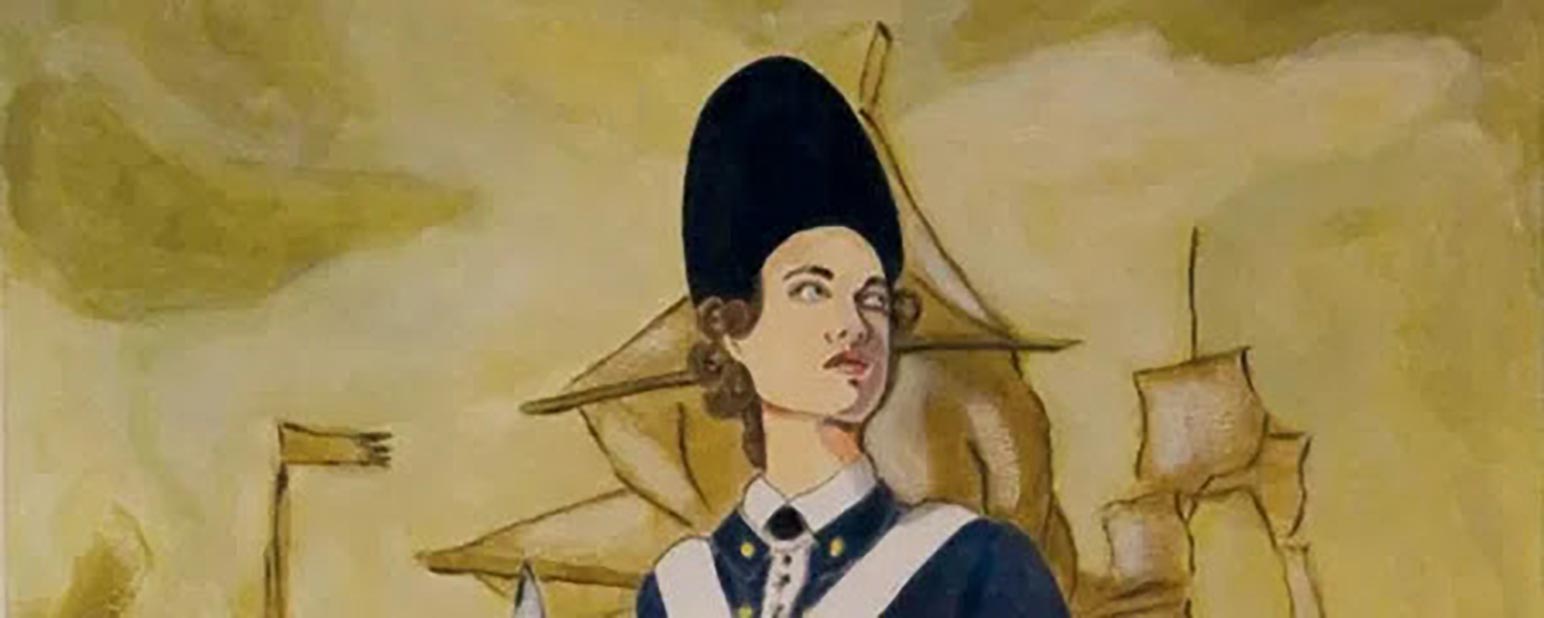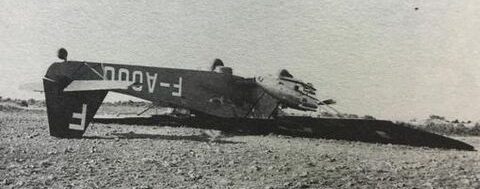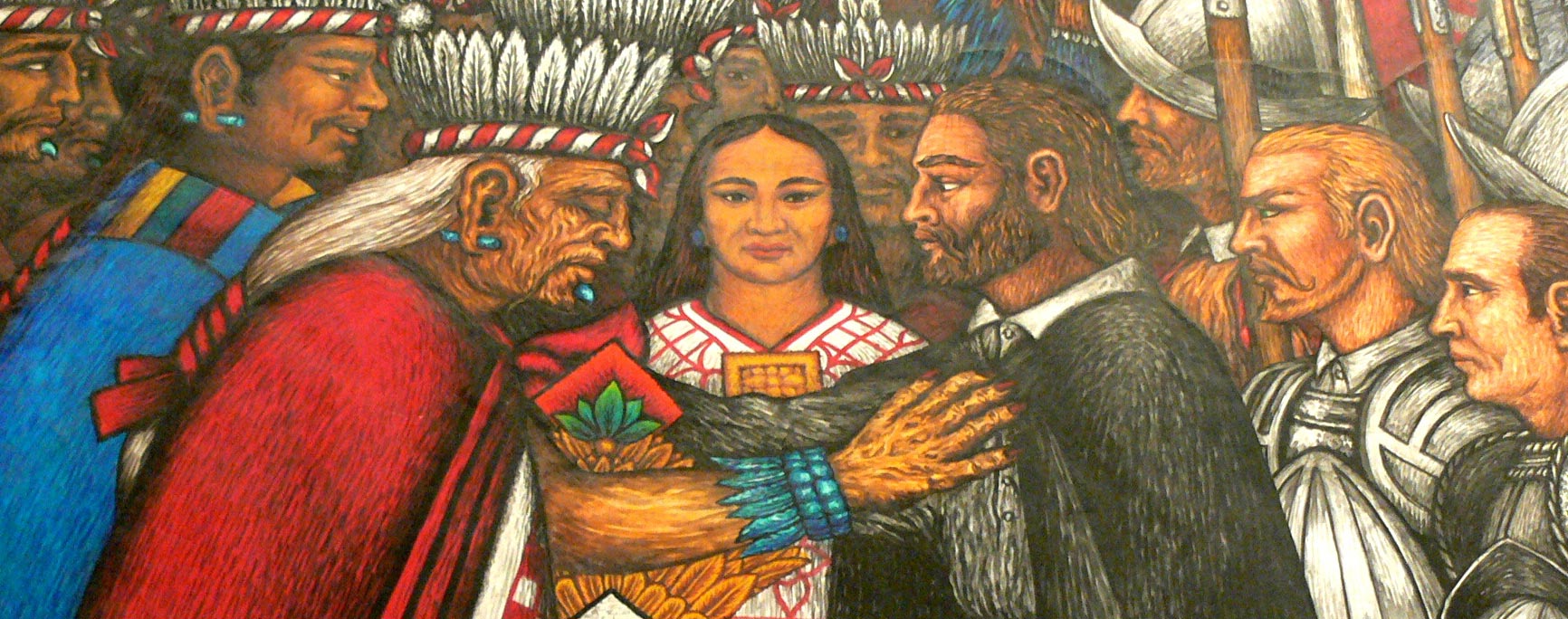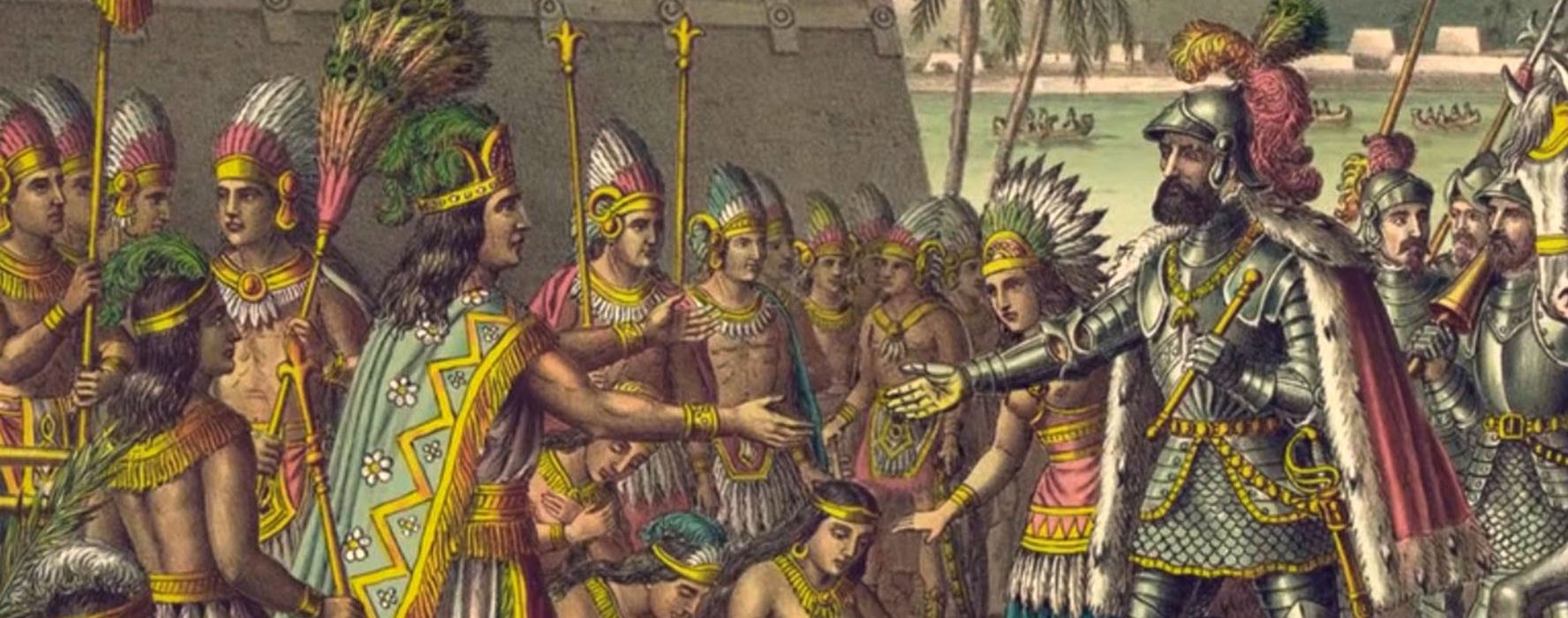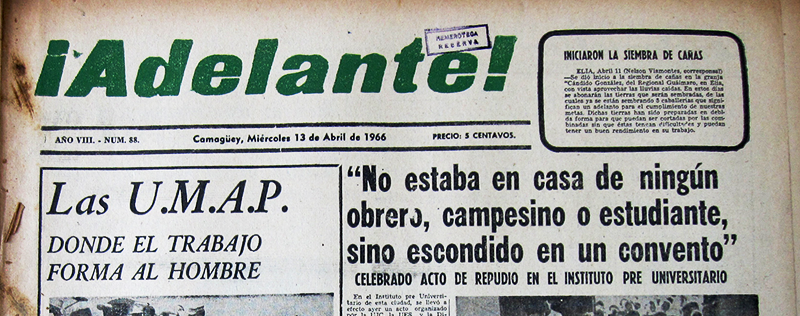Source:Sonrisas en el camino
Heroines
Women have always played a decisive role in the Spanish armies, and not only in recent decades or with the relevance of Patricia Ortega’s appointment as the first female General of the Spanish Armed Forces. No, it goes beyond that, because from a distance or on the front line of battle, wielding weapons or carrying water jugs, they have actively collaborated in the course of the conflict and have even made a notable contribution to the victory.
The archives are gradually shedding light on incredible women who took part in the defence of the nation: María Pita, Agustina de Aragón, Manuela de Luna, the ensign nun, Manuela Sancho and many others who deserve a tribute. Thus the barmaids of the Battle of Bailén in 1808 were key to the final victory of the Spanish army (they were also crucial in the African War). Provisions, supply trains, couriers, naval admirals, skilled swordswomen and fierce warriors. Key figures in history, women who will remain in our memory.
The first female marine
Today I would like to focus on Ana María de Soto, a character who is perhaps less well known but of great importance. She was a great heroine and the first female marine. She was known as “the tobacconist soldier” and was from Montilla (Córdoba). Apparently, according to the information in her personal file, she enlisted as a soldier in 1793 in the sixth company of the 11th Marine Infantry Battalion, concealing her identity as she did so under the name of Antonio María de Soto. In the book “Por mar y por tierra. Historias marinas y cuentos“, this information appears, being the only description we have of Ana María, “with brown hair and brown eyes”.
On 4 January 1794, she embarked on the frigate Nuestra Señora de las Mercedes and then transferred to the frigate Balbina, from which she disembarked on 18 September 1795. Then, on 22 September, he embarked on the Santa Dorotea, under the command of Captain Manuel Guerrero y Serón. Finally, on 26 January 1796, she returned to the Nuestra Señora de las Mercedes. He travelled back and forth across the seas, seeking adventures and fulfilling the duty of a good soldier.
She took part in the Bañuls attacks, in the defence of Rosas and in the battle of Cape San Vicente against the English on 14 February 1797, which resulted in the Spanish defeat. Aboard the frigate Matilde, she took part in the defence of Cadiz against the English squadron. Bravery, courage, honour and a sense of duty to defend the Spanish flag and behave like an excellent marine.
The tobacconist soldier
On 7 July 1797, she was forced to disembark and was discharged when her gender was discovered during a medical examination due to a high fever. Her case was referred to the royal palace for punishment, but far from that, King Carlos IV, on seeing her bravery, rewarded her and, by Royal Decree, so that she could look after her parents, granted her a lifetime pension of two reales de vellón per day and the rank of sergeant, allowing her to wear the colours of the navy and the insignia of her rank. Also, in 1799, she was granted a tobacconist’s licence in his native Montilla.
Ana María de Soto, the first Spanish female Marine, died at the age of 58 on 4 December 1833. An exciting life that was a milestone in the history of Spain, a courageous path of determination and audacity to embark on the warships that ploughed the seas and confronted the enemies of the homeland. An important figure who deserves to be known.
Share this article
On This Day
No Events
History of Spain
26 August 2020
27 January 2021
Communism: Now and Then
23 December 2022
28 July 2021
